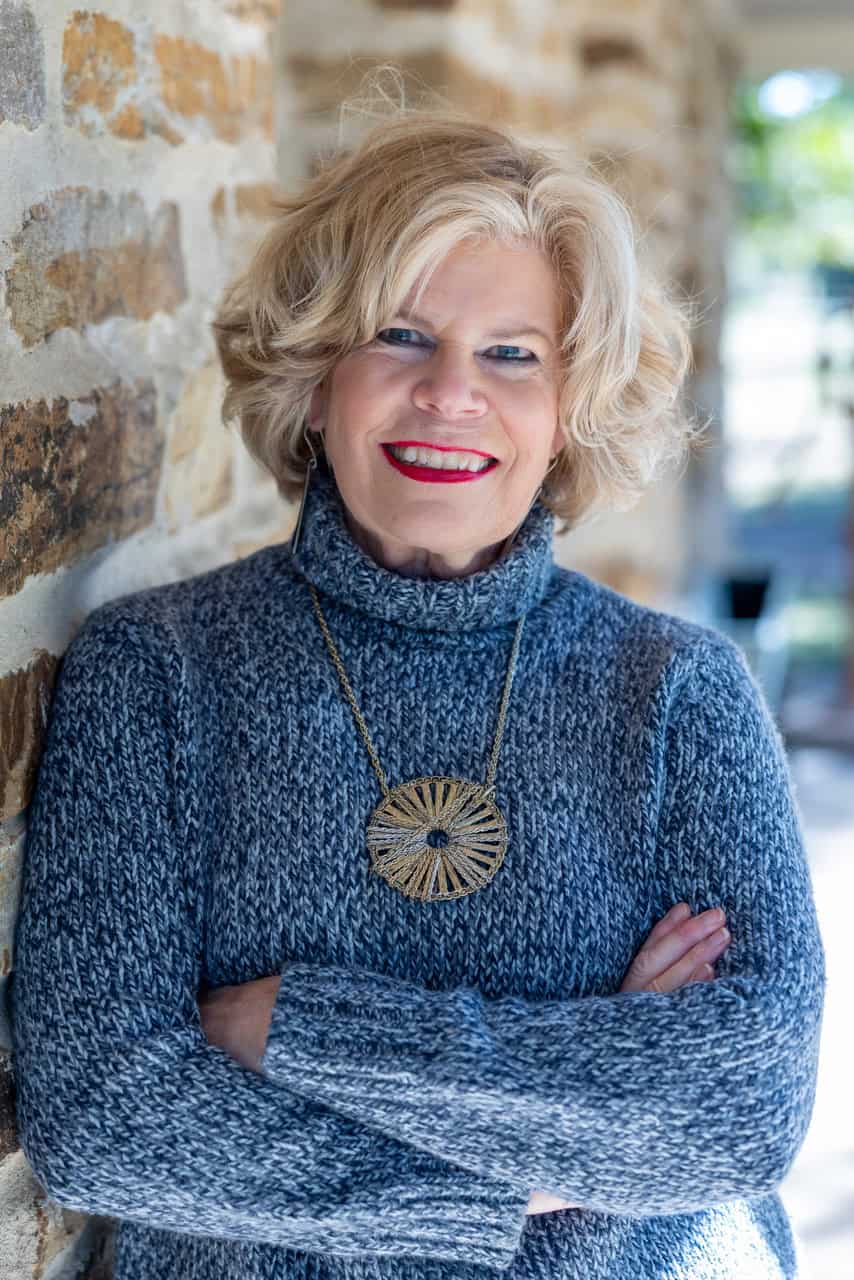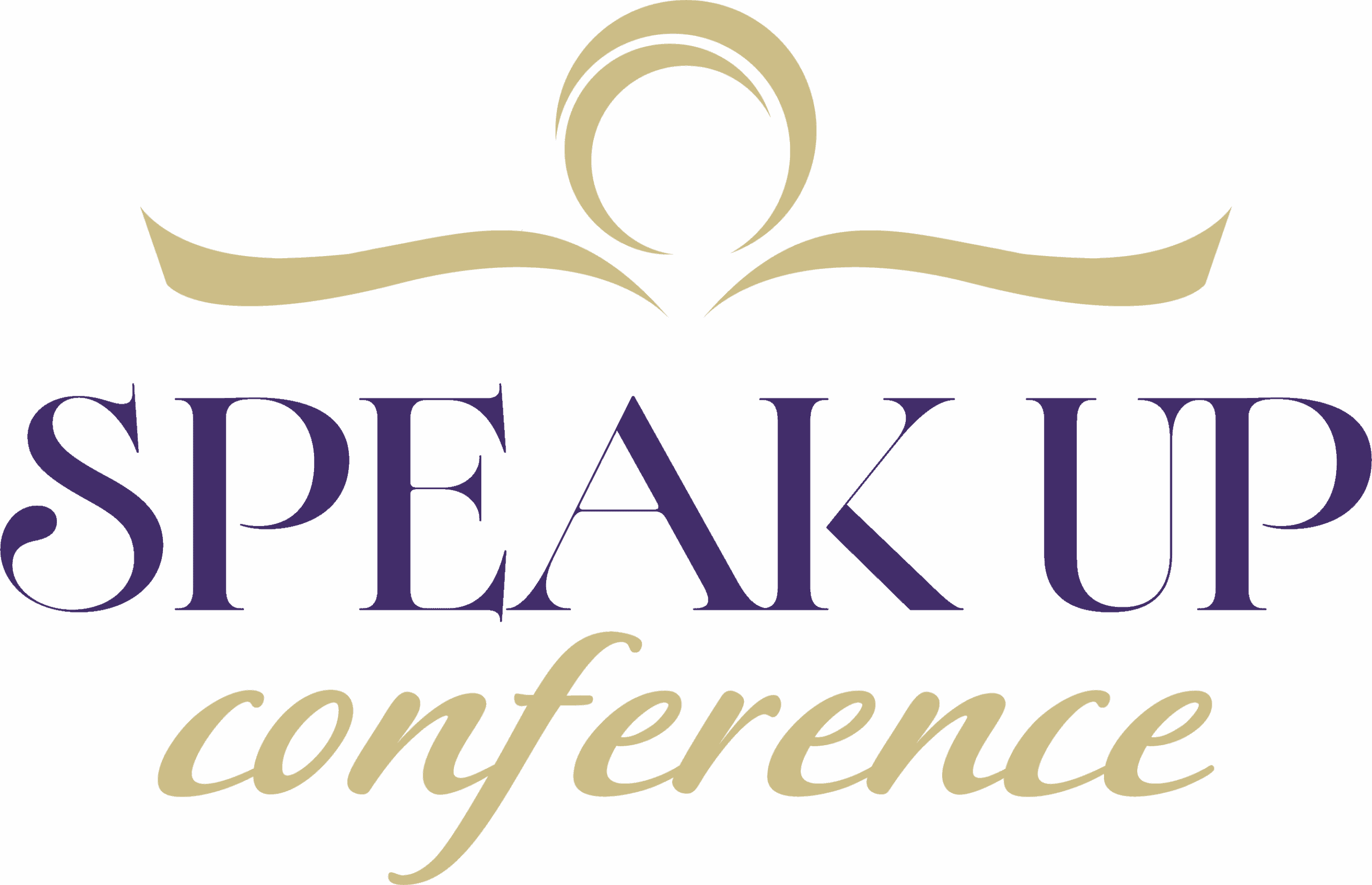
How will the generations following us know how faith works if we don’t model it for them first?
The same week in July that I served on the faculty at Speak Up, my daughter’s family was working with the Philadelphia Project—a nonprofit offering hope and service to the residents of the City of Brotherly Love. My adult kids have practical skills, but I wondered how much the grandkids—12, 9, and 5—could actually accomplish.
My role at Speak Up was to serve the 250 conferees present while others joined us virtually. As part of a large team, I believed I was there to help equip and encourage, coach and critique, shepherd and sharpen those present.
But that was only partially correct.
The conference theme, “So the Next Generation Will Know,” was taken from Psalm 78:
“He commanded our ancestors
to teach them to their children,
so the next generation might know them—
even the children not yet born—
and they in turn will teach their own children.”
The focus of the conference was on the future, not solely the present.
On the ones we love and serve, not only ourselves and our skills.
On our children and grandchildren. Those not yet born and those whose names we may never know, but whose lives will be shaped by our choices.
Speak Up’s opening keynote speaker, author Bruce W. Martin, challenged us to invest in futures, defining futures as that which “an investor contractually agrees to buy or sell at a set future date, hoping for a return on their investment.”
God, Bruce pointed out, is the ultimate investor in futures—ours. We steward the gifts and resources we’ve been entrusted with for the benefit of those who come behind us.
Beloved Bible teacher Barb Roose noted that the gospel is to be lived out, not leveraged for personal gain.
“It’s about God’s vision for our lives, not our need for validation. Are we telling our stories to be heard, or for others to hear from God?”
Tell them we must. To develop a sturdy faith of their own, our children must move from the devotional practices they’ve inherited from us into a conscious, confident faith of their own. For many, this movement is not a straight line, but rather a journey full of questions and crises.
In the new book Mid-Faith Crisis: Finding a Path Through Doubt, Disillusionment, and Dead Ends, co-authors Catherine McNiel and Jason Hague write that many adults will struggle in the “muddle” of the middle years, what they call “Mid-Faith.”
“However we arrive at Mid-Faith, this stage. . . shatters many of our earlier faith illusions and brings pain. There’s no way to reset the clock, no way to unsee all we’ve seen or put Pandora back in her box . . . The path of faith inherently includes seasons that feel like the death of faith.”
Our loved ones who are experiencing a mid-faith crisis don’t need our lectures nor our suggestions of books to read or spiritual authorities to consult. Rather, they need us to listen without judgment while lovingly accepting their right as adults to work through the process.
And they need our stories—the truth of the lives we’ve lived as we’ve grappled with the mystery and complexity of our faith.
“If we don’t talk about our mistakes,” says Barb Roose, “how will future generations know of the awesomeness of our miracles?”
The generations behind us learn how faith works when we model it for them first.
And as for my grandchildren working alongside their parents in Philly this summer? It’s not about what they were doing as much as what was being done in front of them.
Mature believers have weathered storms, walked through valleys, and clung to God through seasons when answers were few and hope felt thin. And still—we stayed.
Not because it was easy, but because He is faithful.
The generation rising now faces a world louder and more confusing than ever. They need more than polished platitudes or neatly packaged answers. They need our stories—the raw, real kind that show how grace held us together.
They need to see that our walk with Jesus is more than words—it’s a way of life worth following. Let’s be the ones who speak up to tell them how we kept the faith, and why it’s worth holding on to.
Before we go, let’s tell them why we stayed, so the faith doesn’t fade with us—but flourishes in them. Now it’s your turn!
Question: What are some of the ways you pass on your faith practices? I look forward to reading your comments.
The 2025 Speak Up Conference inspired, equipped, and transformed—and now you can bring it home. Get full access to all session videos + the digital notebook for unlimited inspiration and practical tools. Click the button below to purchase.

About Maggie Rowe
Maggie Wallem Rowe is a national speaker, dramatist, and author of two traditionally published books. A former university communications instructor, Maggie enjoys helping others sharpen their skills as writers and speakers. At 72, she recently signed with a literary agency for representation, proving it’s never too late in life for the work God has for you. Maggie writes weekly “Letters from a Seasoned Soul” at https://maggiewallemrowe.substack.com/. Connect with Maggie at https://www.maggierowe.com/.

Thank you, Maggie, for your words of challenge! Practical ways to live out our faith include responding with love—especially when others feel pressured, unlovable, or even unkind. Modeling Jesus speaks far louder than words and is always preferred. I recently asked our adult children to share their faith journey and how God was meeting them. Their responses opened the door for rich conversations, keeping communication open and meaningful. I’m deeply grateful for each of them and the insights they shared.
Pamela, I so appreciate your comment and willingness to speak into this conversation. I’m thrilled for you that your adult children each have a strong faith journey of their own. Praise God!